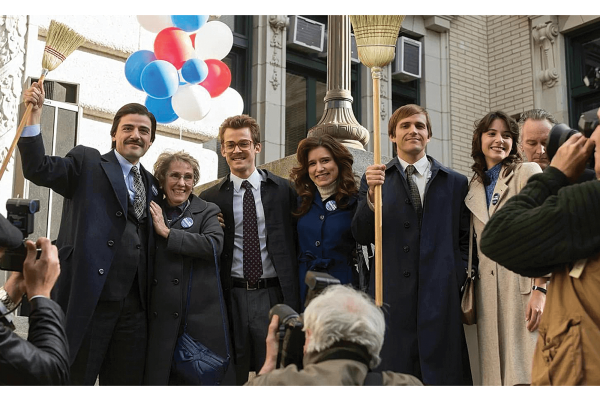WHEN I THINK about the 2015 HBO miniseries Show Me a Hero, the person who first comes to mind is Nick Wasicsko. This is understandable: According to its HBO blurb, the politician is the show’s main protagonist. But this scripted drama is about the real-life 1980s and ’90s struggle for public housing in Yonkers, N.Y., when low-income people of color worked for integration and the city government resisted—even as daily contempt-of-court fines threatened to bankrupt it. So, it feels weird to focus on the white Mayor Wasicsko, although he (eventually) fights for the public housing too.
This discomfort may be the point. “The thing I don’t buy anymore,” said the show’s co-writer, David Simon (The Wire, Treme), “is if we elect the right guy, the great men of history, that’ll save us. ... Our problems are systemic, and we’re going to have to solve them as people.”
Read the Full Article

